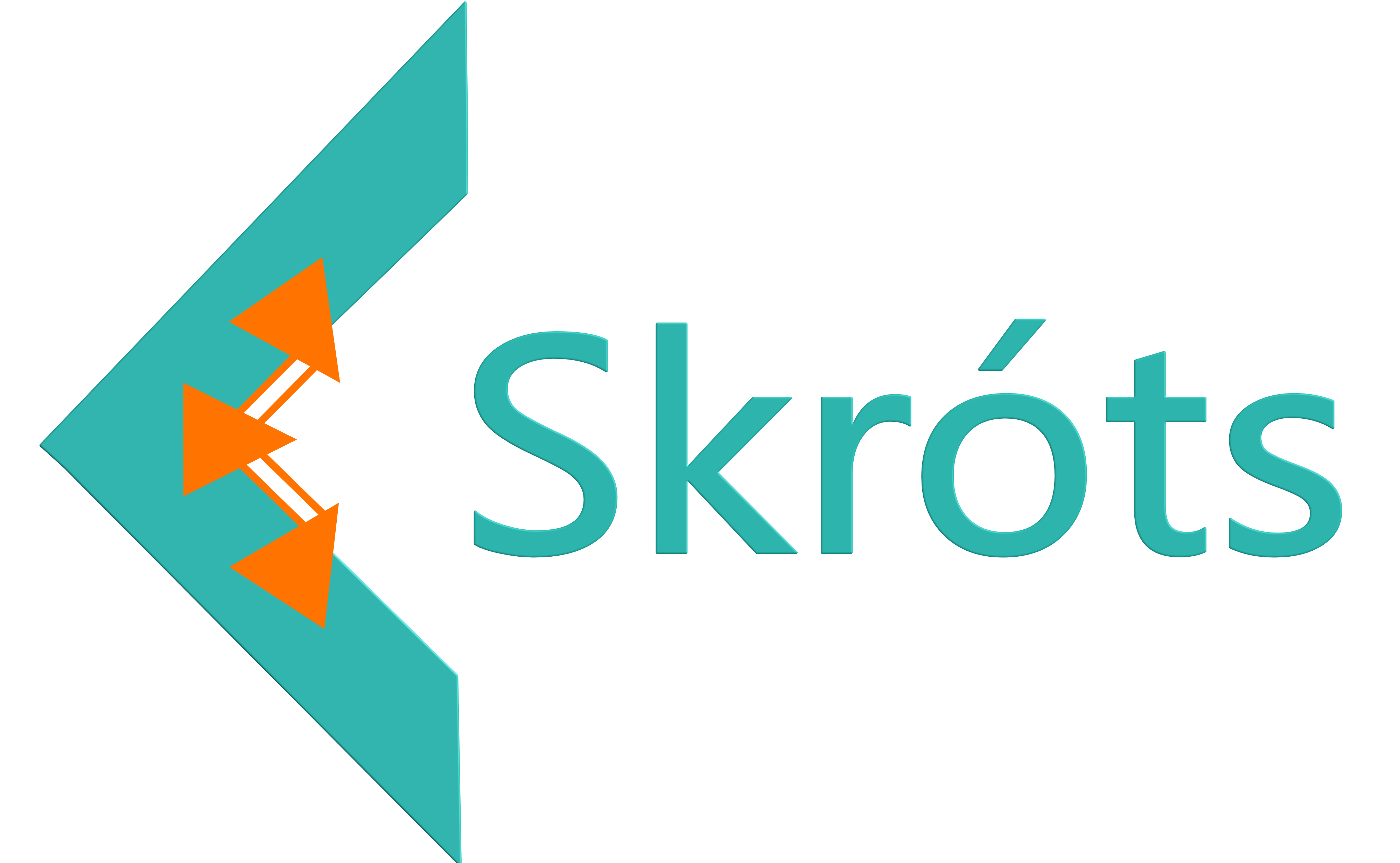Streamlining Job Applications with Web 3.0 Technology
Web 3.0 platform that streamlines the job application process for job seekers. The platform allows job seekers to easily track and manage their job applications in one place.
Task
Web 3.0 Solution was proposed to create a Decentralized Job Application Management System.
Abstract
The job application process is a crucial step for job seekers in finding their dream job. However, the process can be overwhelming, especially when job seekers apply for hundreds of jobs across multiple platforms. This can lead to confusion and missed opportunities when recruiters reach out to them. To address this problem, a web 3.0 solution was proposed to create a decentralized job application management system.
Problem
Job seekers are applying to hundreds of jobs across multiple platforms, and when recruiters reach out to them, they often can’t recall which job they applied to, resulting in missed opportunities.
Now, you might be thinking that there are already tools in the market that track job applications in one place, regardless of where they applied like Huntr, Jobvite, Lever, Workable, and Recruitee.
But all these solutions are built upon web 2.0 technology which has limitations like:
– Centralized control: Current job application management solutions are typically controlled by a central authority, which can limit transparency and control for job seekers and job portals.
– Lack of security: Job application data is typically stored on centralized servers, which can make it vulnerable to cyber-attacks, data breaches, and hacking.
– Lack of privacy: Job seekers’ personal information is often shared with multiple parties, which can lead to privacy concerns.
– Limited scalability: Current solutions are not always able to handle large numbers of job applications, which can lead to slow performance and difficulty in managing the data.
– Lack of transparency: Job seekers and job portals often have limited visibility into the job application process, which can make it difficult to track progress and understand the status of job applications.
– Complexity: Current solutions can be complex and difficult to use, which can make it challenging for job seekers to stay organized and track their job applications.
– Limited personalization: Current solutions often do not provide personalized job recommendations based on job seekers’ skills, qualifications, and job preferences.
– Limited automation: Current solutions rely on manual processes, which can be time-consuming and prone to errors.
The above-mentioned loopholes can be addressed by the web 3.0 solution using blockchain technology which provides transparency, security, privacy, scalability, personalization, and automation.
Solution
Our proposed solution is a web 3.0 platform that streamlines the job application process for job seekers. The platform allows job seekers to easily track and manage their job applications in one place. The platform also provides personalized job recommendations based on job seekers’ skills, qualifications, and job preferences. The platform uses advanced technology such as blockchain, smart contracts, and AI to automate the process and ensure security and privacy.
—> Connect with us to know more…
Impact
The biggest impact or great results of the proposed web 3.0 solution using blockchain technology would be the streamlining of the job application process for job seekers and the automation of the recruitment process for job portals.
For job seekers, the dashboard and smart contract-based automation would help them stay organized, and increase their chances of getting a job by keeping track of all the jobs they have applied to, and also by receiving personalized job recommendations. The decentralized identity feature would also give them control over their job application data and increase their privacy and security.
For job portals, the smart contract-based automation of the recruitment process would increase efficiency and reduce the need for manual verification. The reputation system would also increase trust among the users and reduce the chances of fraud. The decentralized payment system would also provide an alternative way for job seekers to pay for job search services. Additionally, the data ownership and access feature would help to protect the privacy and security of the users.
Overall, the proposed solution would bring many benefits for both job seekers and job portals. It would help job seekers to find the right job in a more efficient way and help job portals to find the right candidate with less effort, in a more secure and transparent way.
Research Specialists : Prerna Fatnani & Harsh Bakshi
